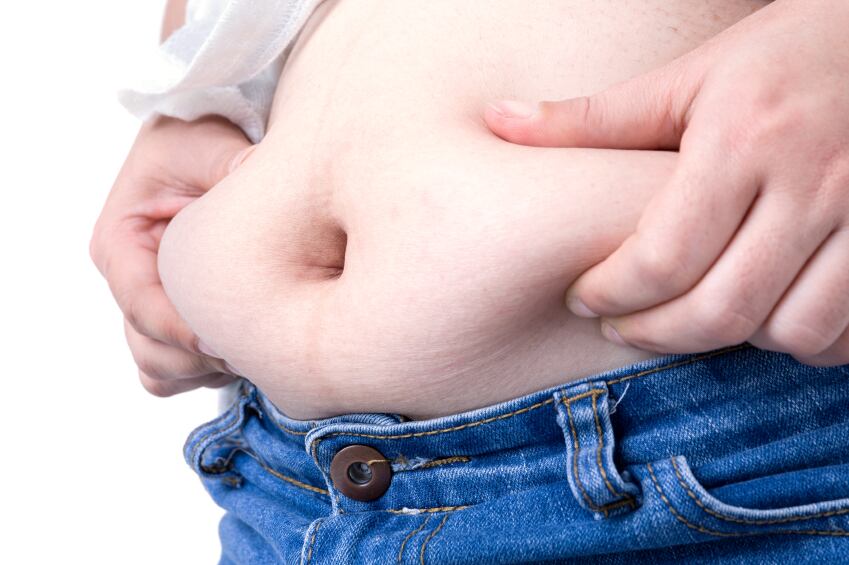Findings from the research points to factors other than overeating or a poor diet as the sole lifestyle contributor to the obesity epidemic.
The researchers found that body mass index (BMI) weight development in the first decade of a child’s life coupled with disrupted sleeping and meal routines, could also predict psychosocial well-being.
Interestingly, the study found that sugary drink consumption and fruit intake were not strong predictors of unhealthy weight gain, nor were TV viewing and sports participation.
Likewise, being breastfed and the early introduction of solid food were not associated with children’s weight. In contrast, mothers who smoked increased a child’s chances of becoming overweight or obese.
Millennium Cohort Study

Lead researcher Professor Yvonne Kelly from UCL’s department of epidemiology and public health, began analysing data from the Millennium Cohort Study.
Here, data from children born into 19,244 families in the UK between September 2000 and January 2002 were collected, which included weight and height information when the children were aged three, five, seven and eleven.
The team identified four patterns of weight development. The large majority of children (83.3%), had a stable non-overweight BMI, while 13.1% had moderate increasing BMIs while 2.5% had steeply increasing BMIs.
The smallest group (0.6%), had BMIs in the obese range at the age of three but were similar to the stable group by the age of seven.
Additional findings observed identified girls as being more likely to be in the ‘moderately increasing’ group whereas Pakistani, Black Caribbean and Black African children were more likely to belong to the ‘high increasing’ group.
“It is well known that children of overweight or obese mothers are more likely to be overweight themselves, probably reflecting the ‘obesogenic’ environment and perhaps a genetic predisposition to gain weight,” said Kelly.
“This study shows that disrupted routines exemplified by irregular sleeping patterns and skipping breakfast, could influence weight gain through increased appetite and the consumption of energy-dense foods.”
She added that the findings supported the need for intervention strategies aimed at multiple spheres of influence on BMI growth.
The study did acknowledge that observational information was used, preventing firm cause and effect conclusions to be drawn.
However the results are based on data from thousands of children and the researchers were able to take account of many of the influences on the development of a child’s weight.
‘A plan for action’
Childhood obesity in the UK was the focus of the government’s strategy back in August when the document: ‘Childhood Obesity: A Plan for Action’ was released.
Here, it revealed the extent of the problem that identified nearly a third of children aged two to 15 were overweight or obese.
“Younger generations are becoming obese at earlier ages and staying obese for longer,” it stated.
Reducing obesity levels will save lives as obesity doubles the risk of dying prematurely. Obese adults are seven times more likely to become a type 2 diabetic than adults of a healthy weight, which may cause blindness or limb amputation.”
The strategy for children was released to much criticism from medical experts and campaigners, who said the measures did not go far enough.
While the report supported a sugar levy and self-regulation by the food industry, the report made no mention of expected restrictions limiting the marketing and advertising of unhealthy foods to children.
Source: Pediatrics
Published online ahead of print, doi: 10.1542/peds.2016-0967
“BMI Development and Early Adolescent Psychosocial Well-Being: UK Millennium Cohort Study.”
Authors: Yvonne Kelly et al.
